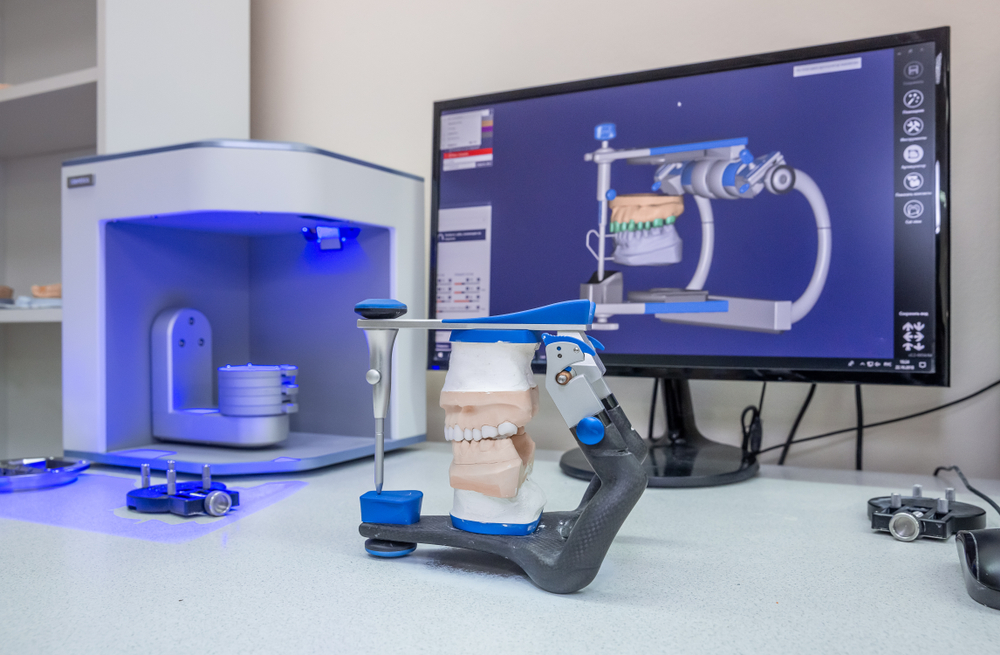Can Disruptive Technologies Lead To Disruption For Your Business?
Jay Scheer July 26, 2018
As new technologies emerge, new possibilities for disruption do as well. Smartphones and apps enabled Uber and Lyft to disrupt the staid taxi business, while the widespread availability of high-speed Internet allowed Netflix to bury Blockbuster and, ultimately, become one of the most profitable companies in the world. Even brick-and-mortar industries, like hotels and hospitality, aren’t immune to disruption, as evidenced the growing popularity of Airbnb.
Are disruptors about to shake up the manufacturing industry — and your manufacturing business — next?
 The fact is, Industry 4.0 has already introduced a bevy of new, disruptive technologies to the industry — the Industrial Internet of Things, Big Data, blockchain, augmented reality, and robotics, just to name a few. While large and established manufacturing companies can take advantage of these technologies in order to boost productivity and profitability, they also present an opportunity for new players, with new ways of thinking, to grab a foothold in the industry.
The fact is, Industry 4.0 has already introduced a bevy of new, disruptive technologies to the industry — the Industrial Internet of Things, Big Data, blockchain, augmented reality, and robotics, just to name a few. While large and established manufacturing companies can take advantage of these technologies in order to boost productivity and profitability, they also present an opportunity for new players, with new ways of thinking, to grab a foothold in the industry.
Don’t Ignore The Disruption
In times of massive change, like the one manufacturers find themselves in today, it’s imperative to take stock of everything happening in the industry, to monitor new competitors, and to not dismiss shifts in the market as being mere “fads.”
If you want a cautionary tale of a company that ignored disruption, look no further than Blockbuster.
By 2002, Blockbuster was one of the most recognizable brands in the world, with a market cap of $5 billion. A few years earlier, a tiny company in Scotts Valley, California started shipping DVDs through the mail, and in 1999, introduced a monthly subscription model. Blockbuster largely ignored the new company, and, in fact, declined an offer to purchase the nascent competitor outright.
The new company, of course, was Netflix. Taking advantage of new technology, they eventually expanded their services to include streaming movie and TV content. By offering customers a wider selection of content, a high level of convenience, and an-all-you-can-watch model, Netflix was able to offer more value to their existing customers while siphoning business away from Blockbuster.
It wasn’t long until Blockbuster’s business collapsed, and video rental stores became a thing of the past. Although we can never know for sure, it’s reasonable to assume that Blockbuster would have had more of a fighting chance had they not ignored Netflix’s disruptive trajectory.
Stay Informed. Stay Ahead.
In today’s digital-driven manufacturing landscape, change happens at a breakneck pace. If you don’t want to fall behind, you need to do all you can to stay abreast of the latest innovations, trends, and issues driving the industry.
However, disruptive technology is just one of the many risks manufacturers face in Industry 4.0. To explore other risks — and to learn how you can avoid them — download our free eBook, The Six Biggest Risks Facing Your Manufacturing Business Today.
Did you find this useful?









